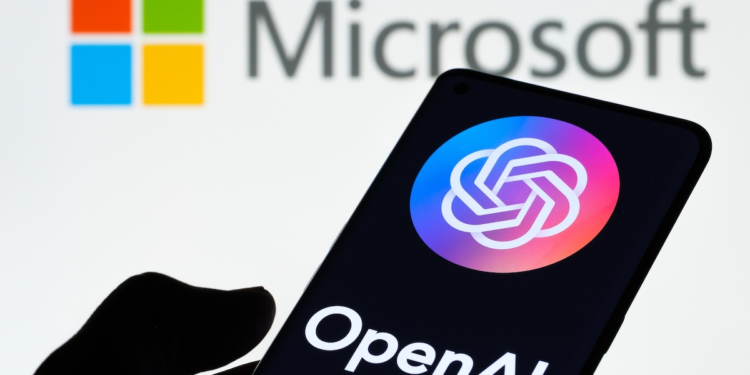ChatGPT-owner OpenAI and its major investor, Microsoft, have been taken to court over claims that the former “stole” copyrighted nonfiction material to train its artificial intelligence (AI) services.
The proposed class-action lawsuit, filed in Manhattan, United States, on Friday, January 5, 2024, targets OpenAI’s massively successful AI chatbot, ChatGPT, which was launched in October 2022. The case has been brought by nonfiction American writers Nicholas Gag and Nicholas Basbanes.
The legal move arrives just a week after The New York Times, a major American news publication, sued OpenAI and Microsoft over similar claims of stealing original content produced by journalists to train the AI firm’s language models. The publication is seeking billions of dollars in damages.
According to the authors, their action against ChatGPT’s owner and its financial backer aims to represent creatives “whose copyrighted work has been systematically pilfered” by the tech entities. The complaint alleges that OpenAI and Microsoft are “no different than any other thief”.
ChatGPT, which has set a precedent in the AI industry, was an instant success. It pulled in a hefty investment worth more than $10 billion from Microsoft, kicking off a series of development of similar AI models from other tech firms.
The suit seeks $150,000 in damages for each piece of published work that OpenAI is accused of having stolen to train its language models. The class-action will reportedly be covering large groups of people across the US “who are authors or legal beneficial owners” of copyrighted material that OpenAI is deploying.
OpenAI has previously been sued by famous writers, including George RR Martin, the author of the A Song of Ice and Fire series (more popularly known as the Game of Thrones), and The Handmaid’s Tale’s Margaret Atwood. Several other authors joined the class-action lawsuit to prevent their copyrighted works from being used without permission by AI firms.
There has been no comment from either OpenAI or Microsoft on the latest suit targeting its AI language training processes. In the Times case, however, OpenAI remarked that the firm respects the rights of content creators.
“Our ongoing conversations with the New York Times have been productive and moving forward constructively, so we are surprised and disappointed with this development,” OpenAI had said. “We’re hopeful that we will find a mutually beneficial way to work together, as we are doing with many other publishers.”





